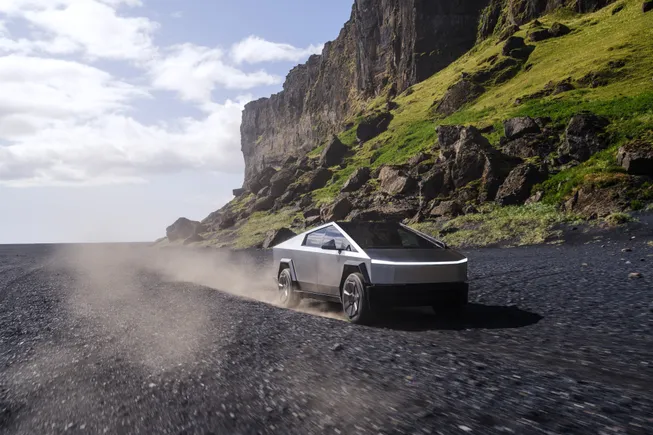In recent years, the automotive world has witnessed a significant shift in branding, with many carmakers adopting minimalist designs for their logos. This trend reflects the broader movement toward simplicity in design, driven by the need for digital adaptability and modern aesthetics. While these streamlined logos align with contemporary branding demands, they also raise questions about what might be lost in the process—depth, character, and the storytelling that defined earlier designs.
- Blogs
- Automobiles
- The-evolution-of-car-logos-minimalism-vs-legacy-673f4d51bdccdd0001d33b03
The Evolution of Car Logos: Minimalism vs Legacy
Automobiles • 21 Nov, 2024 • 39,488 Views • ⭐ 5.0
Written by Shivani Chourasia

Let’s take a closer look at how iconic car logos have evolved, celebrating their history while reflecting on the implications of their minimalist transformations.
The Rise of Minimalism in Automotive Branding

Minimalism in branding is not new, but its prominence has surged in the digital age. Logos need to be versatile, working seamlessly across various platforms—from tiny app icons to illuminated badges on vehicles. Clean, simple designs are more scalable, recognizable, and timeless.
This practicality has driven many automakers to simplify their logos. By removing shadows, gradients, and intricate details, companies aim to create designs that are crisp and functional. However, in the pursuit of simplicity, some argue that the essence of these logos—their history, character, and emotional resonance—might be at risk.
Jaguar: Elegance Streamlined

Jaguar recently unveiled a redesigned logo in November 2024. Known for its sleek and leaping feline emblem, Jaguar’s previous logo was a symbol of agility, power, and sophistication. The new design opts for a flat, monochrome look, aligning with digital trends. While the updated logo is undeniably modern, some enthusiasts feel it lacks the dynamic energy and luxury that the three-dimensional version conveyed.
BMW: A Reinvention Rooted in Tradition
/afaqs/media/post_attachments/1600cfd3779d1bd2b85b2f21f92e83bca2dcd48cd747776999cd81c74ed33de1.JPG)
BMW’s 2020 redesign introduced a transparent, flat emblem that departed from its metallic, three-dimensional predecessor. The iconic blue-and-white quarters remain, symbolizing the Bavarian flag, but the removal of depth and the chrome finish sparked mixed reactions. While the new logo emphasizes simplicity and digital readiness, critics argue it feels less substantial, potentially diluting the premium image BMW has cultivated for decades.